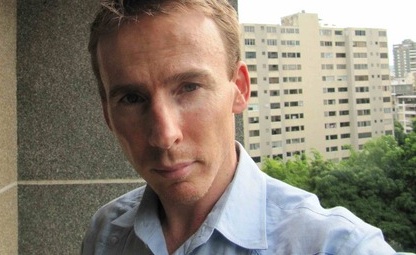 If Rory Carroll wants to out himself (and by extension The Guardian) as a hardline supporter of the neoliberal Capriles Radonski in the Venezuelan elections, he is entitled to do so. What he is not entitled to do is tell outright lies to back up his tendentious arguments.
If Rory Carroll wants to out himself (and by extension The Guardian) as a hardline supporter of the neoliberal Capriles Radonski in the Venezuelan elections, he is entitled to do so. What he is not entitled to do is tell outright lies to back up his tendentious arguments.
I have been in Caracas during the election period. I was on the march last week (which dwarfed that of Capriles) when over a million people sang and danced in the torrential rain while waiting to hear Chavez speak; I was at Barrio 23 when they waited for two hours in the baking sun for him to arrive to vote, and I was at Miraflores Palace when the results were announced and thousands went wild with joy.
Yet it was clear from everyone I spoke to, from street vendors to police officers to lawyers, that this support was not about Chavez’s ‘charisma’ but about a solid appreciation of everything that has been achieved for the poor – health care, education, housing, independence, food security – by the Bolivarian revolution he embodies, and the understanding that this process would have been destroyed had Caprlles come to power.
Chavez did not, as Carroll suggests, ‘dominate the media’. The media in Venezuela is 90% owned by the opposition; in fact according to Mark Weisbrot in the Guardian on 4th October, state TV has between 5-8% of the country’s audience.
Carroll says ‘some opponents have cried foul’. His friends, maybe, but the official opposition has made no such claims, accepting defeat and praising the smooth running of election day. Carroll gives us a brief history of Chavez, but not curiously of Capriles. Is that because he would have had to tell us that Capriles participated in the 2002 coup and was involved in an attack on the Cuban Embassy in his home state of Miranda?
Finally, he tells us that Chavez uses the fact that he has a majority as a ‘pillar of his legitimacy’. Excuse me, Mr Carroll, but that’s what democracy’s all about.
Cat Allison
Posada de la Vida, Caracas, Venezuela




